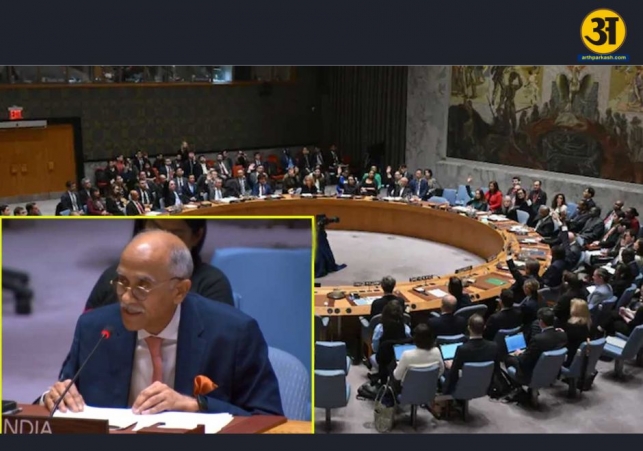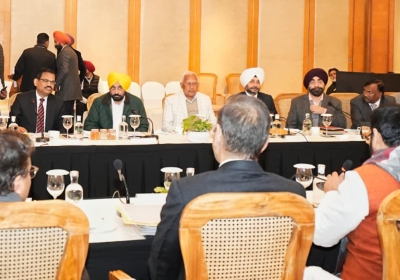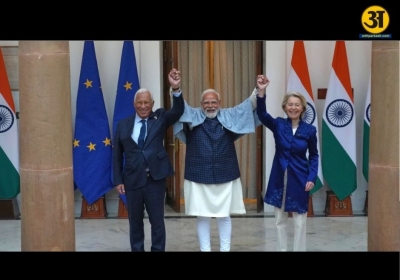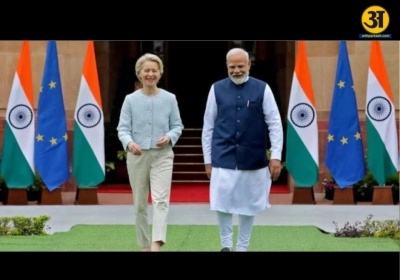
India hits out at Pakistan at UN over terror deaths
India slams Pakistan at UN, cites 20,000 Indian lives lost to terrorism
India has strongly criticized Pakistan at the United Nations over its alleged support for terrorism and recent remarks about the Indus Waters Treaty (IWT). The clash follows a deadly terrorist attack in Pahalgam, Jammu and Kashmir, on April 22, which killed 26 people. The attack was reportedly linked to cross-border terrorism, leading India to suspend the decades-old treaty with Pakistan the very next day.
India’s Ambassador to the UN, Parvathaneni Harish, responded to Pakistan’s accusations regarding the suspension of the treaty. Pakistan claimed that water is a basic human need and not a weapon of war. However, Harish stated that the treaty will remain suspended until Pakistan stops supporting terrorism.
He described Pakistan as the “global epicentre of terror” and highlighted that more than 20,000 Indian lives have been lost in terrorist attacks over the last 40 years. He said the latest attack in Pahalgam was another example of Pakistan’s ongoing involvement in violence against India.
Harish stated that India had always respected the Indus Waters Treaty, signed in 1960, and followed it in good faith. He said the treaty was signed with a spirit of friendship and cooperation. However, according to him, Pakistan has repeatedly violated that spirit by waging wars and supporting terrorist groups that attack India.
Obstruction in water projects and treaty talks
India’s representative also pointed out that Pakistan has obstructed talks about making changes to old water infrastructure, some of which now pose serious safety risks. Harish explained that the technology and needs related to water management have evolved greatly since 1960. There are now greater demands for clean energy, and climate change has created new challenges. But despite this, Pakistan has been unwilling to discuss possible updates to the treaty’s terms.
Harish noted that some old dams are facing structural issues and need upgrades for safety and efficiency. However, Pakistan has been blocking India’s efforts to make any such improvements, even though changes are allowed under the treaty if both sides agree.
India has tried to formally engage with Pakistan on this matter multiple times over the past two years. But according to Harish, Pakistan continues to ignore or reject these requests. This attitude, he said, puts civilian lives and infrastructure at risk and prevents India from using its fair share of the water resources.
He said that India has shown "extraordinary patience and magnanimity" over the years, but Pakistan’s actions are becoming harder to ignore. Harish also mentioned that Pakistan’s actions are not just damaging India’s internal peace and development but also harming diplomatic relations and regional stability.
To summarize, India has made it clear that the Indus Waters Treaty will remain on hold unless Pakistan stops supporting terrorism. The Indian government wants the treaty to be updated to match modern needs and safety standards, but says Pakistan is blocking these discussions. India also reminded the international community that it has suffered thousands of terror attacks and lost over 20,000 citizens due to terrorism—most of which, it says, has links to Pakistan.





